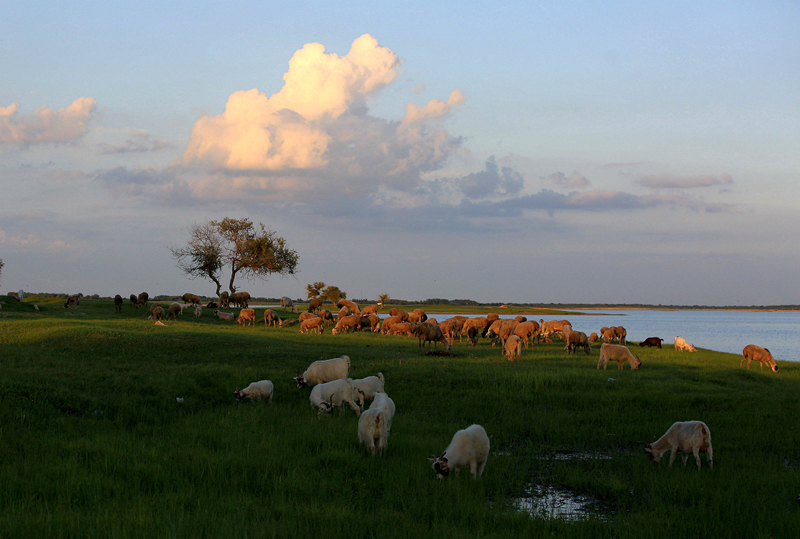China honors promise to protect nature


In 2013, the Old Creek Nature Reserve, the first privately protected area project in China, was jointly launched by the Paradise Foundation and the government of Pingwu county, Sichuan province.
The reserve covers 110 square kilometers, including migration corridors for a number of rare species such as giant pandas. Under a 50-year land trust agreement, the foundation is in overall charge and pays for the management of the reserve.
After years of endeavor, poaching has been practically eliminated in the reserve. Moreover, thanks to the innovation of customized agriculture, people in Minzhu, a village close to the reserve, are being lifted out of poverty. Of the 280 households in the village, 90 have seen their annual incomes rise by 10,000 yuan.
According to a report published by The Nature Conservancy last year, China has seen a rise in the number of privately protected areas nationwide, complementing the country's system of nature reserves.
Aiming higher
However, China is aiming to go bigger with its green development strategy. Last year, the Overall Plan for the National Park System came into effect, which includes 10 national parks, the protection of many endangered species and the preservation of historic sites such as the Great Wall for the sake of the natural environment.
According to a report delivered at the 19th National Congress of the Communist Party of China in October, the country will develop a nature reserve system that will mainly comprise national parks.
"In the past, nature reserves tended to be small and mainly offered shelter to a single species or had an incomplete ecosystem. National parks will help to improve the situation," said Cui Guofa, a professor in the nature reserve department at Beijing Forestry University.
However, national parks often cover much larger areas than nature reserves, while establishing them usually requires a larger number of people to be relocated from the core zone. The construction of the Old Creek park in Sichuan has resulted in the relocation of 170,000 people, according to the provincial forestry department.
Wang hopes that the national parks will at least try to emulate the model used at Xianghai, which stresses both ecological protection and community development and "leads the locals to protect the environment".
Zhang Xuejun's New Year resolution is to maintain the clear waters and lush mountains, while becoming richer along with his fellow villagers.
"Farmers from other villages as well as some businessmen have come to see how I feed my free-range chickens. I hope more households will join me this year," he said.
- China unveils new standards for funeral services, emphasizing transparency, eco-friendly practices
- China deepens global IP ties with over 80 partners
- World Youth Development Forum highlights youth role in green consumption
- Expanded Shanghai Book Fair to open in August
- Xinjiang opens new civil airport
- Chinese premier chairs meeting on internal circulation, NEV industry competition





































